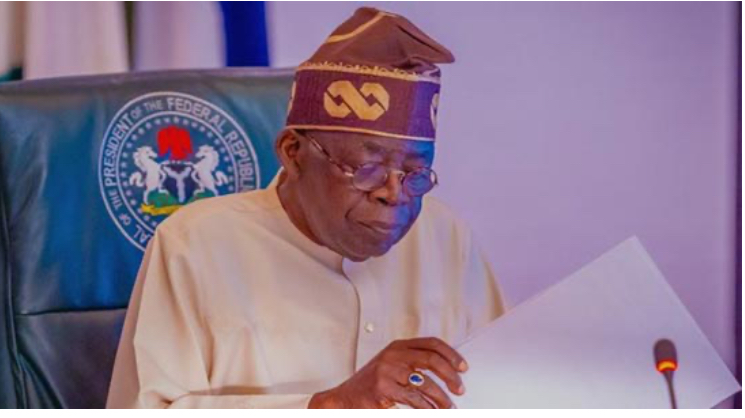President Bola Tinubu on Tuesday signed the bill, which has increased the salaries and allowances of judges in the country by 300 percent.
The bill, signed by the president on Tuesday, was passed by the Senate in June with the new adjustment. The country’s CJN will now be entitled to N64 million annually in salary and allowances.
Announcing the signing of the bill on Tuesday in a statement, the special adviser to the president on senate matters, Basheer Lado, explained that the bill’s signing shows the president’s commitment to improving the country’s workforce at all levels.
The special adviser narrated that the signing also demonstrated the president’s commitment, as demonstrated during the signing of the minimum wage bill. He noted that the president had put the Federal Executive Council meeting on hold to sign the bill, which raises the country’s minimum wage from thirty thousand to seventy thousand Naira.
The statement explained that singing the revised Salaries and Allowances for Judicial Office Holders shows the president’s commitment and compassion for all individuals in the country’s workforce.
Among other things, the statement established that the signing reflected the dedication of the president to ensure the salaries of officers working in key positions around the country are increased, and such individuals receive the recognition and compassion they deserve.
He noted that the financial well-being of judicial officers is key to strengthening the integrity of the justice system in the country. The statement noted that the signing of the bill also set a new standard for worker leadership in the country. The state reiterated that President Tinubu had seen the salary of workers as the key to the progress of the country.
The statement further appreciated the leadership of the Senate and the House of Representatives led by Godswill Akpabio and Tajudeen Abbas, respectively, who have worked so hard to ensure the passage of the bill at a good time to improve the welfare of the workers.
The statement lastly noted that the last hope of the common man has always been the common man.




